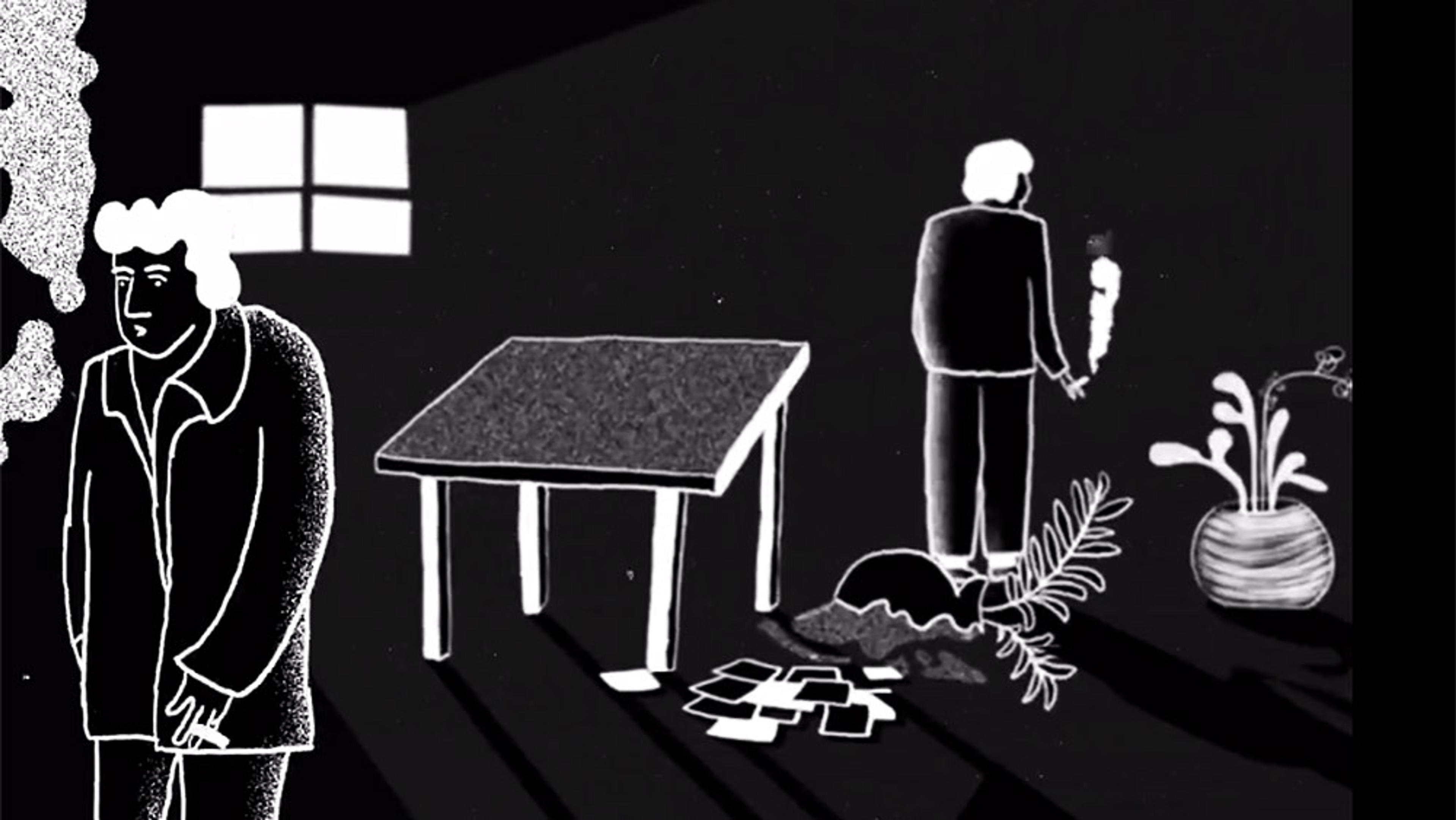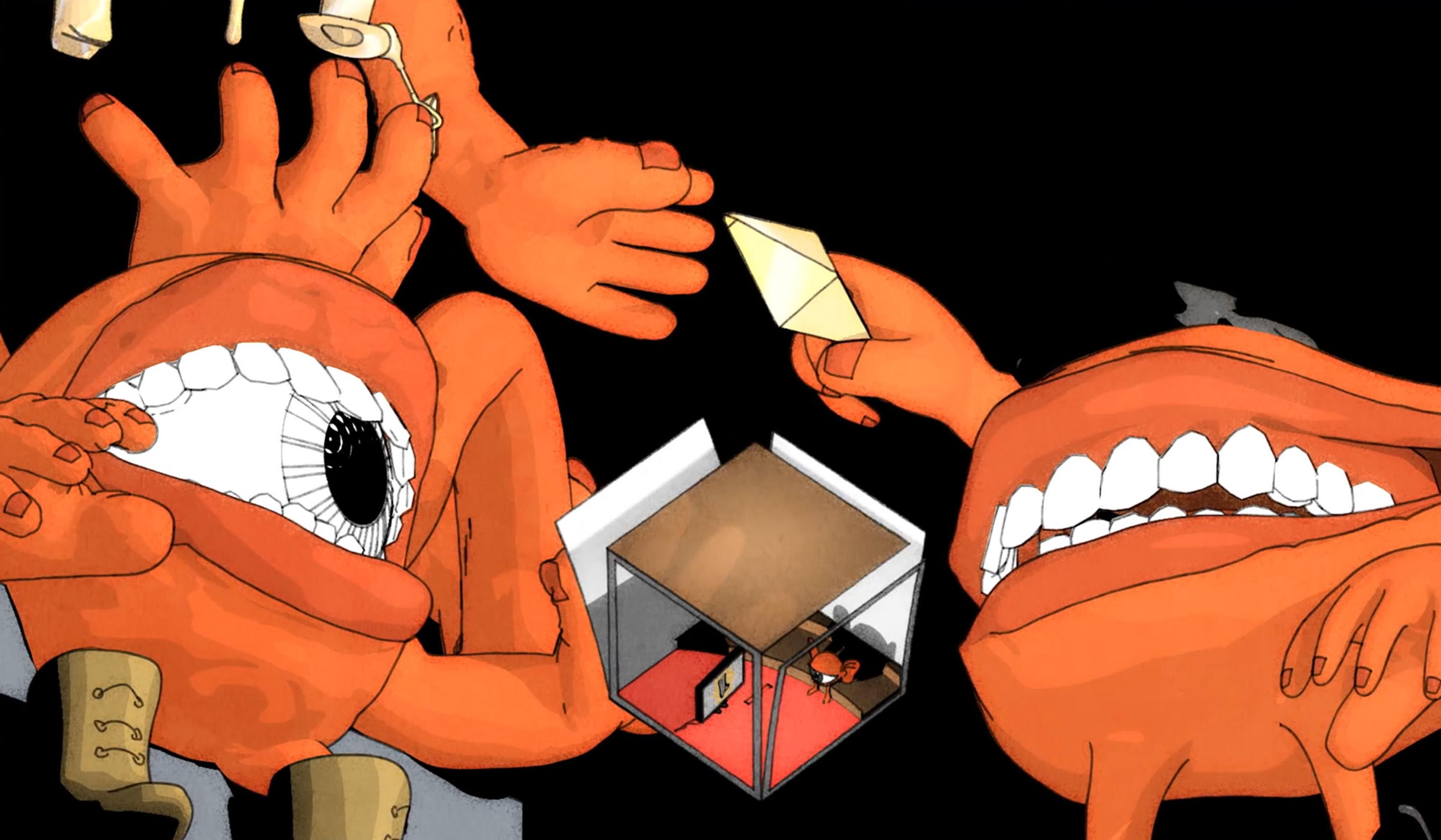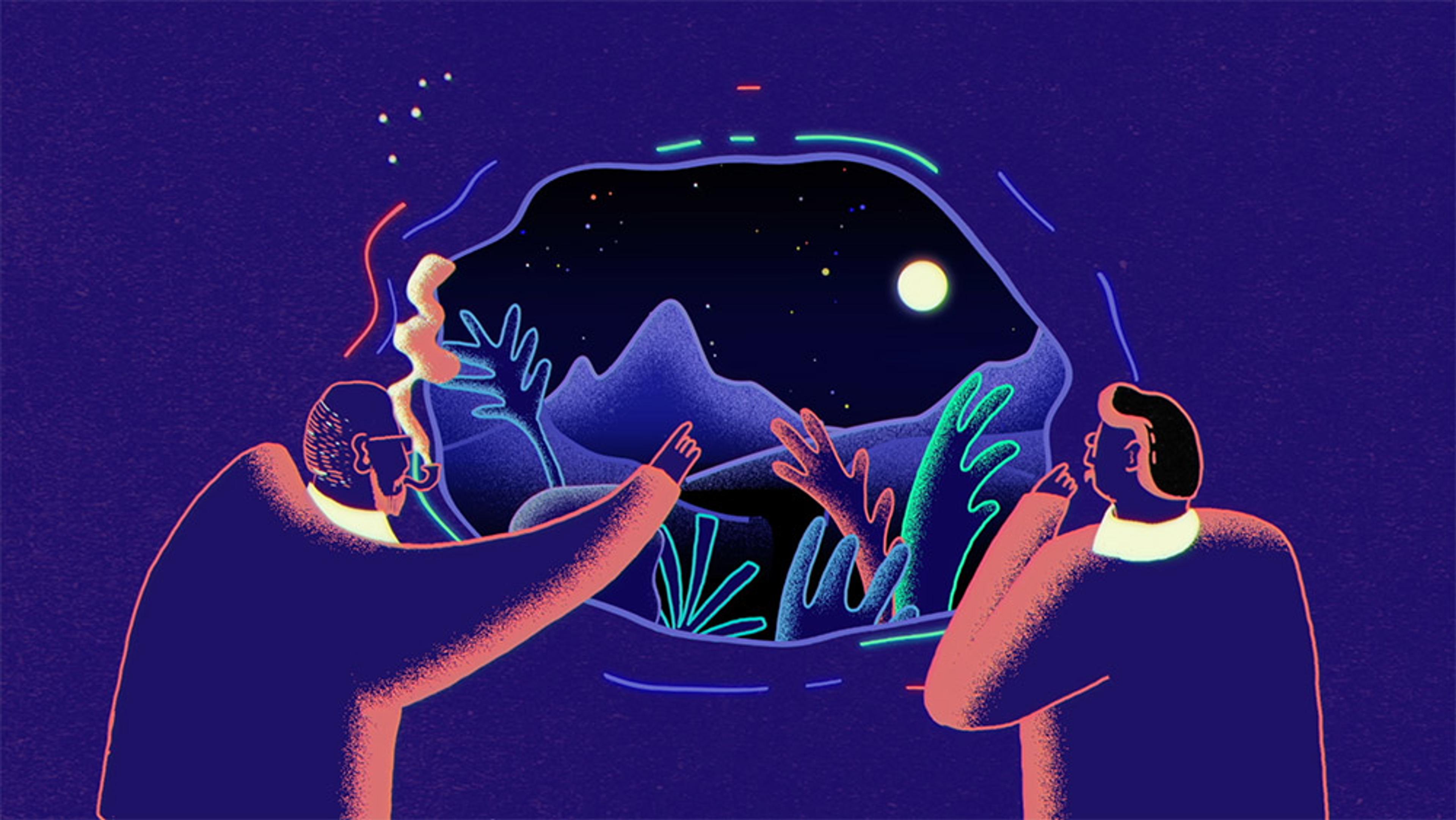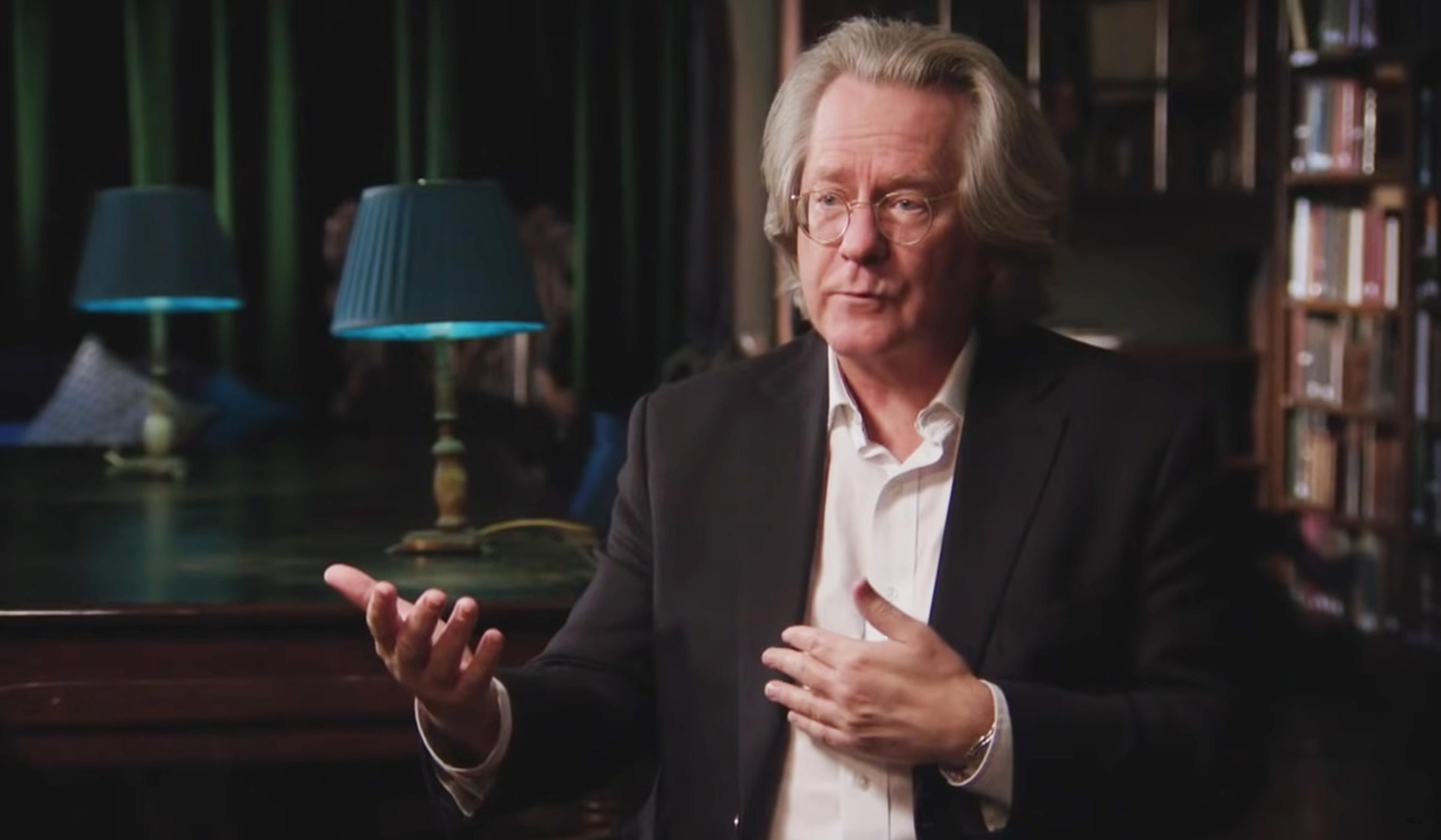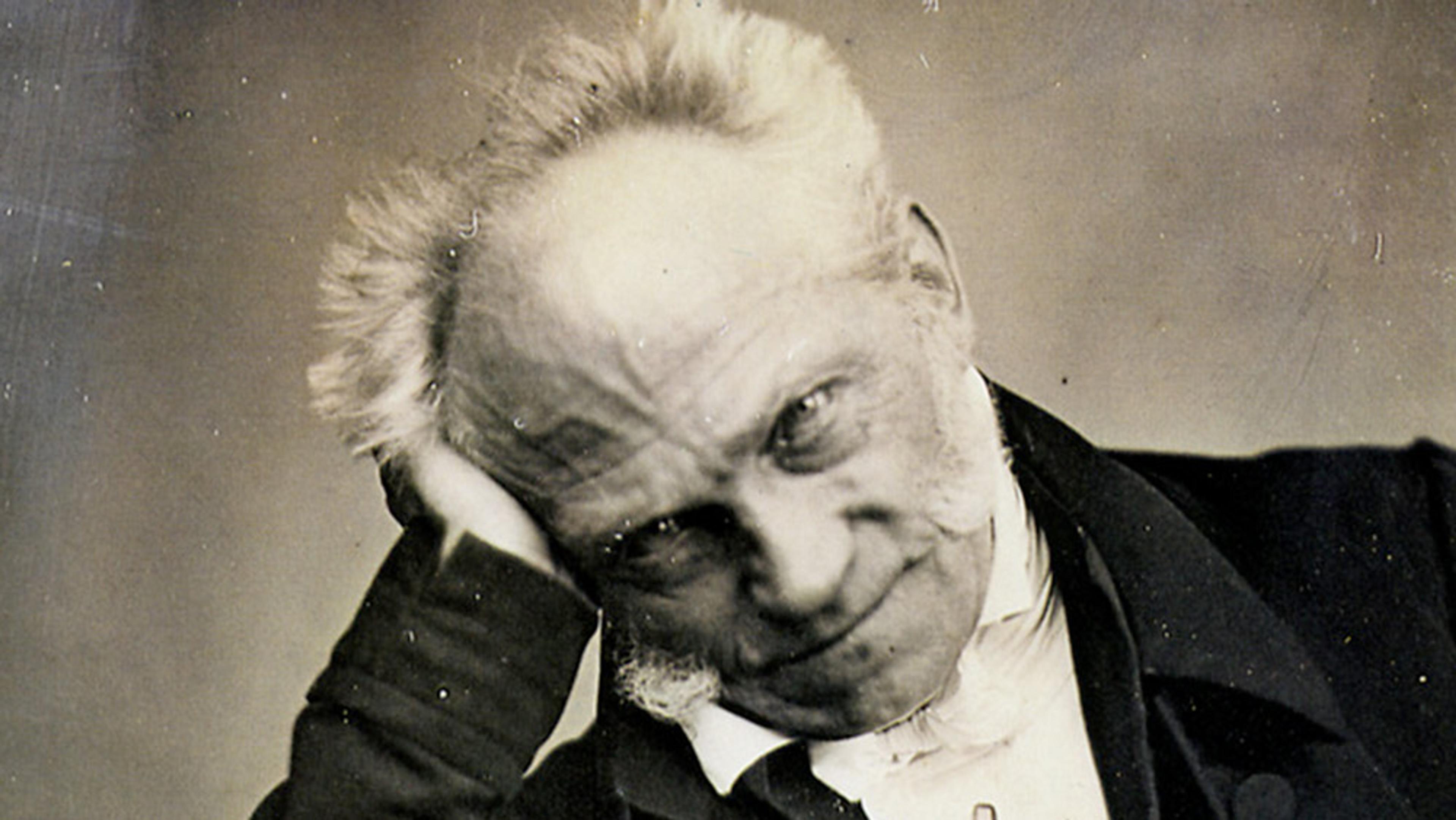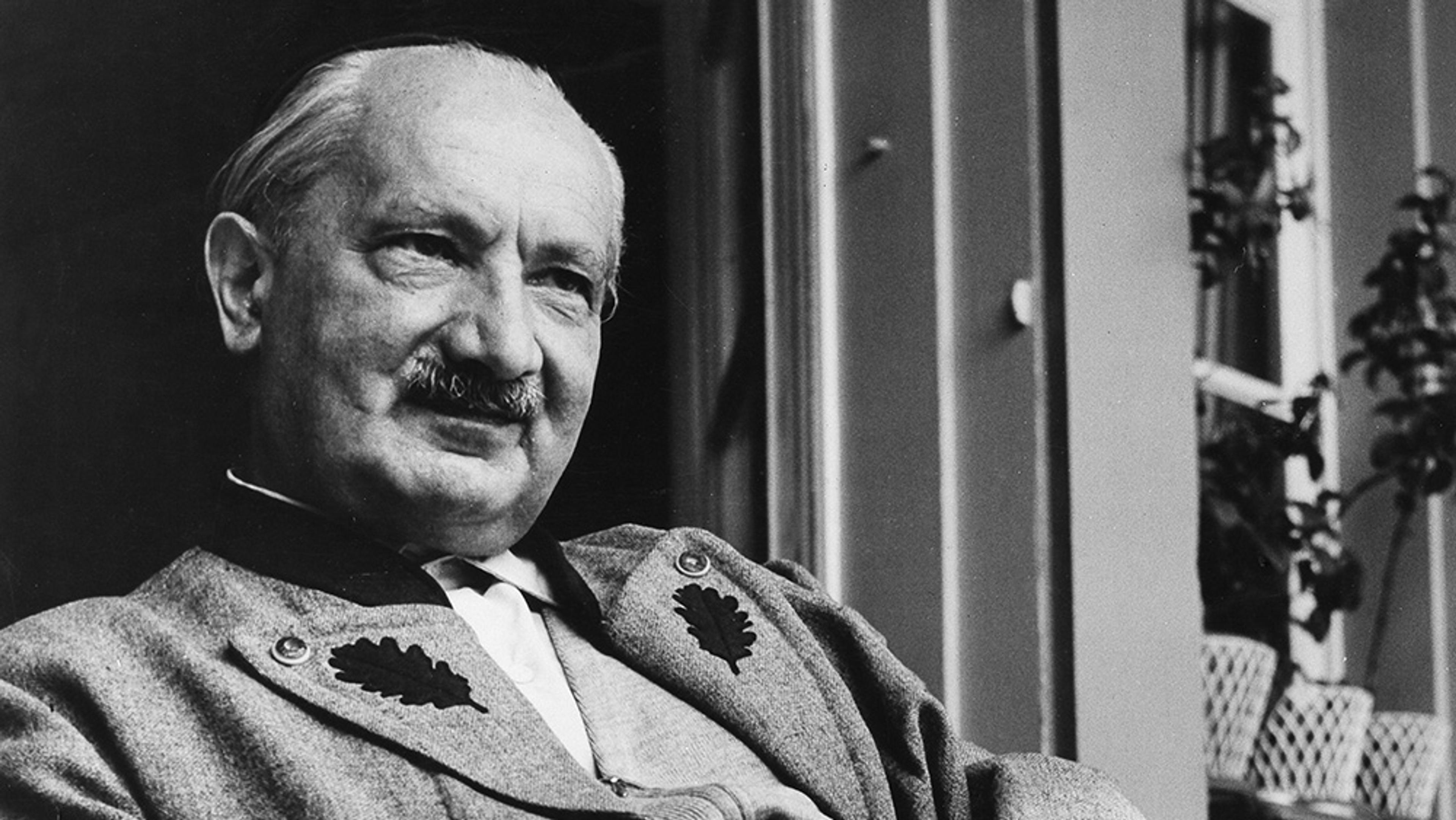In 1971, Noam Chomsky and Michel Foucault met at the Eindhoven University of Technology in the Netherlands for their first and only debate. Produced by the Dutch Broadcasting Foundation as a part of their International Philosophers Project, the programme featured discussions with eminent thinkers on the topic of ‘human nature and ideal society’. In recent years, their debate – the fourth and final of the series – has been somewhat overshadowed by events surrounding it. Namely, it’s rumoured that the programme’s host, the Dutch philosopher Fons Elders, paid Foucault for his appearance in hashish, and repeatedly encouraged him to put on a bright red wig to spice up the proceedings.
However, the debate itself – seen here excerpted and translated by the YouTube channel Philosophy Overdose – has appeal beyond the pleasures of watching the provocative Foucault spar with the professorial Chomsky. With the Vietnam War near its height, Chomsky and Foucault agree that contemporary power structures need to be attacked and dismantled. However, while Chomsky advocates for a system of ‘anarcho-syndicalism’ rooted in justice, sympathy and human creativity, Foucault argues that these concepts are products of the same bourgeois system that needs replacing. Probing age-old philosophical questions as well as the politics of the moment, the interview offers a revealing glimpse of the divergent styles, attitudes and outlooks of two enduringly influential thinkers.
